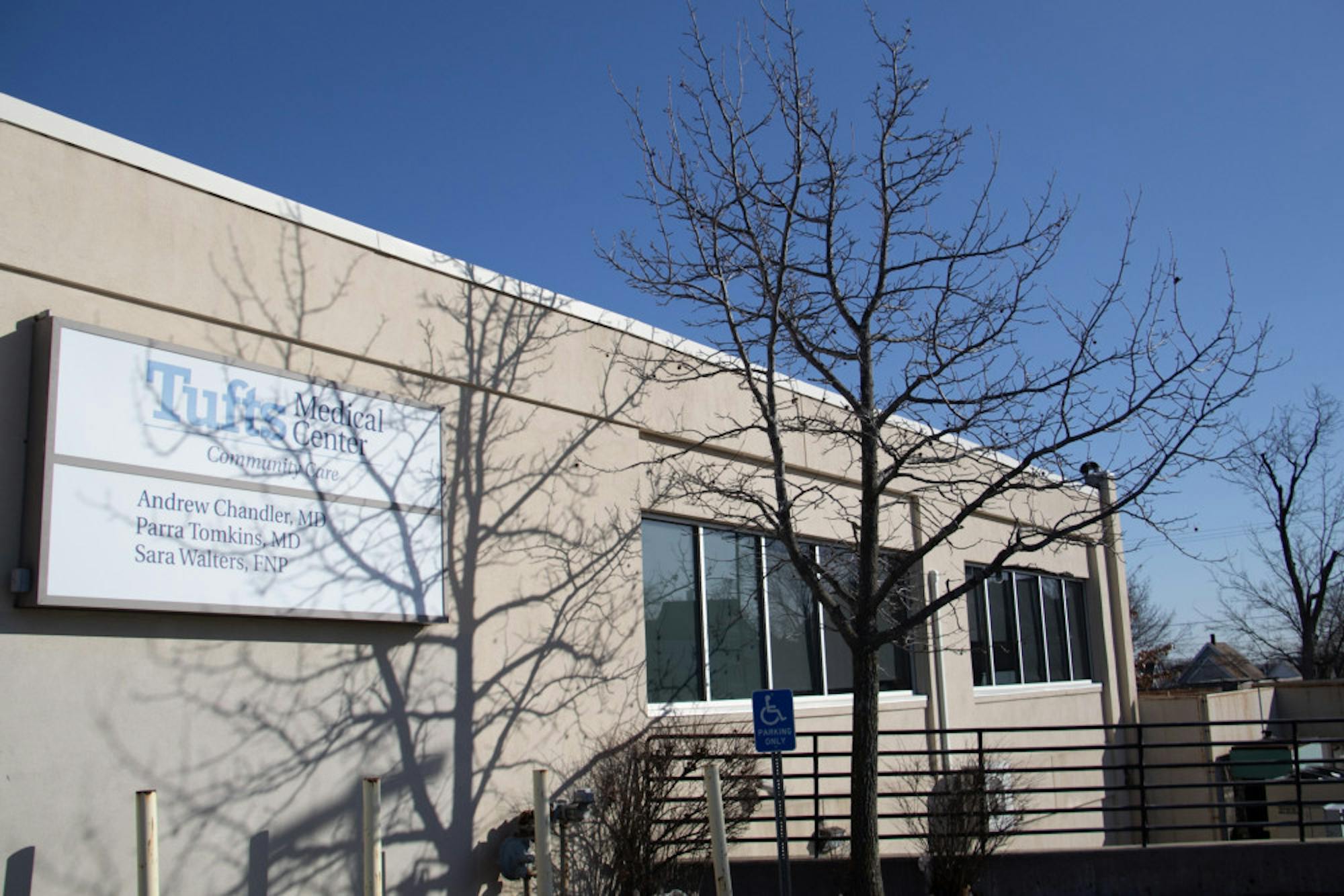The Tufts Medical Center has implemented a number of drastic procedural changes following an incident of racial bias in 2019 that led to the mistreatment of a Black man who had suffered a stroke. The incident resurfaced in the media recently after the City of Boston reached a $1.3 million settlement with the victim, Al Copeland. Copeland was held at a Boston police station for several hours by law enforcement officials in April 2019 after he suffered a stroke that left him “barely conscious,” while driving on Massachusetts Avenue at night.
Copeland, 64, was found outside the Berklee College of Music, where he managed to park his car after experiencing the stroke while driving, and was arrested by Boston police officers who believed he was drunk. Police called an ambulance only after the victim vomited in a holding cell at the police station. The ambulance took Copeland to the Tufts Medical Center Emergency Room, where he remained for several hours before receiving treatment because the staff assumed he was intoxicated.
Tufts Medical Center is associated with Tufts University through an affiliation with the Tufts University School of Medicine. All doctors at the medical center are full-time faculty at the medical school.
Jeremy Lechan, media relations manager for Tufts Medical Center, apologized on behalf of the hospital that health care professionals had assumed Copeland was drunk. Lechan told the Daily that patient privacy laws prohibit his office from commenting on specifics of the incident involving Copeland, but said that Tufts Medical Center has made changes — some ongoing, some directly in response to this incident — to prevent similar cases in the future.
“We have developed and implemented [programs and initiatives] over the past several years to prevent this type of error from happening again,” Lechan wrote in an email to the Daily.
Tufts Medical Center has revised the intake process for patients who cannotcommunicate. A social worker will now speak with family, friends and other contacts to determine why the patient is unable to communicate. The medical center has also improved its process for how different care teams hand off care for patients with altered mental status, Lechan said.
More generally, the Emergency Department has committed, Lechan said, to “review [its] quality dashboard to ensure that quality metrics are being met for every patient, regardless of race, ethnicity or any other demographic.”
In addition, Tufts Medical Centerhas established a Center for Diversity, Equity and Inclusion.
“The Center [for DEI] provides expertise, education, policies, processes and solutions to build an inclusive culture to deliver unmatched care experiences for all and reduce health disparities,” he said.
As part of this initiative, Tufts has partnered with Wellforce, which Lechan said will help lead DEI training. The DEI efforts will be overseen by Rosa Colon-Kolacko, chief diversity, equity and inclusion officer at Wellforce.
Adler Eliacin, who has served on the executive board of the NAACP’s Boston branch, among other community organizations, will serve as program director of DEI. Isaac Tesfay, who was formerly the senior manager of DEI for the Executive Office of the Massachusetts Trial Court, will serve as system director.
Lechan described some of the projects launched by the Center for DEI. It is conducting a system-wide employee and physician engagement survey to measure perceptions of diversity and inclusivity.
“[We have also] designed workflows to integrate linguistic services, cultural needs and data elements in the Epic patient experience design,” Lechan said, referring to the patient portal used by the medical center.
Regardless of changes made for the future, this kind of mistake caused major harm to a patient. According to WBUR, the medical center determined that he had no drugs or alcohol in his system only after his wife, Valerie Copeland, discovered what had happened the next morning and interceded. Left untreated for so long, Al Copeland’s stroke caused significant harm.
“Once I arrived at the hospital, I was shocked at his appearance,” Valerie Copeland wrote on a GoFundMe page. “His face was discolored. His body contorted.”
Two years since the stroke, Al Copeland is still struggling to walk.He has undergone weeks of rehabilitation that forced him to leave his job at the MBTA. The Daily was unable to reach Al or Valerie Copeland for comment.
The grace for the Copeland family is that the City of Boston has settled a lawsuit with the family for $1.3 million.But the police officers involved have not faced disciplinary action.
Jaden Pena, diversity officer for the TCU Senate, noted how this incident affects all Tufts students, regardless of campus or affiliation. He wrote to the Daily in an email that the TCU Senate condemns the university’s role in the incident.
“It is even more upsetting that this happened at a place that is directly affiliated to Tufts University, and shares the same name as the school we attend,” Pena, a junior, said.
Pena said that the incident did not surprise him.
“Sadly, this is the story of far too many Black people across America,” he said. “Whenever I read a headline that has ‘Black man’ and ‘police’ in it, it usually means death was involved. I think this speaks volumes on the American policing system because I know the way I think is probably common amongst many other people.”
Pena condemned the fact that the police officers involved have not been disciplined.
“I am glad that the Copelands won the $1.3 million settlement, but that does not mean the officers that handled the situation should not face disciplinary action,” Pena said. “The City of Boston should discipline all officers involved for their mishandling of the situation.”






